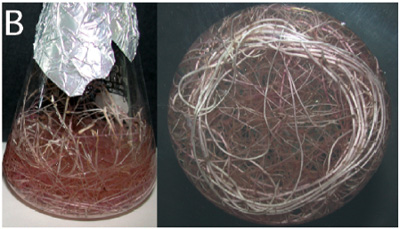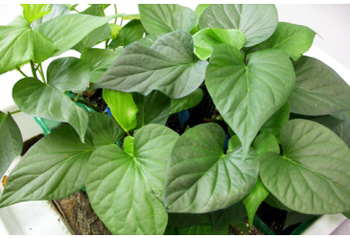Our staff

| Name | Takashi Yamakawa |
|---|---|
| Position | Professor |
| Department | Biodiversity and Global Environmental Study, Laboratory of Plant Biotechnology, Department of Global Agricultural Sciences |
| Professional Experience & Education | 2012: Professor, Department of Global Agricultural Sciences, Graduate School of Agricultural and Life Science, the University of Tokyo 1997~1999 Researcher, Institute of Molecular and Cellular Biosciences, University of Edinburgh 2006~ Graduate School of Agricultural and Life Science, the University of Tokyo 2007: Associate Professor, Graduate School of Agricultural and Life Science, the University of Tokyo 1997: Assistant Professor, Graduate School of Agricultural and Life Science, the University of Tokyo 1980: Research Assistant, Graduate School of Agricultural Chemistry, the University of Tokyo 1980: Ph.D., Graduate School of Agricultural Chemistry, the University of Tokyo 1975: B.S., the Department of Agricultural Chemistry, Faculty of Agriculture, the University of Tokyo |
| Phone | +81 3 5841 7515 |
| ayama@mail.ecc.u-tokyo.ac.jp |
Disciplines
| New Function Plant Development, Plant Biotechnology, Plant Tissue Culture, Applied Microbiology |
Research interests
| ■ Research interests The objective of this group is to raise plants with new functions, including crops raised in poor soil for food production, highly nutritious crops, and crops that produce useful substances. We are involved in raising crops with useful functions using plant tissue culture, and the basic research to achieve that. In addition, we are conducting research into causing plants to create animal antigens and antibodies (so-called edible vaccines), which will be useful in preventing contagious diseases in livestock. ■ Study example Research into anthocyanin pigment production by metabolic engineering in the hairy root culture of purple sweet potatoes  We are using this culture system to conduct research into introducing and strengthening enzyme genes into the anthocyanin biosynthesis system and the cultivation conditions for increasing the biosynthetic capabilities of secondary metabolic products. Sweet potatoes that have been genetically transformed  They are used for metabolic engineering of the anthocyanin biosynthesis and production study for such heterologous protein as animal antigens and antibodies. |